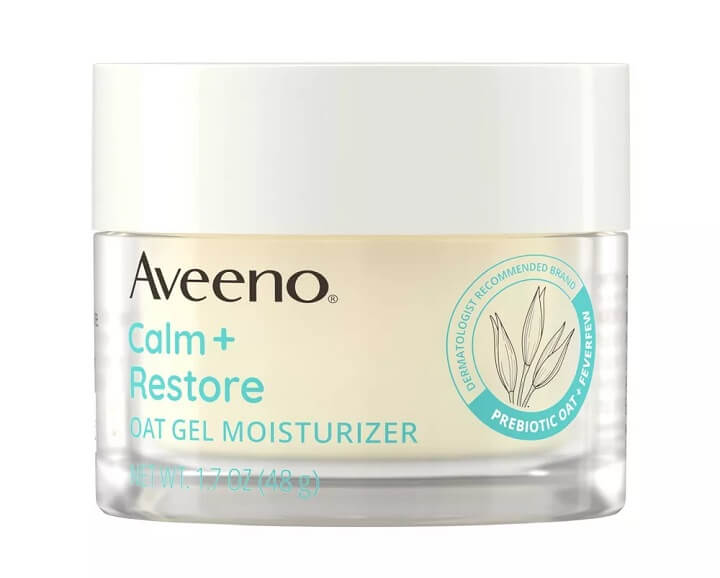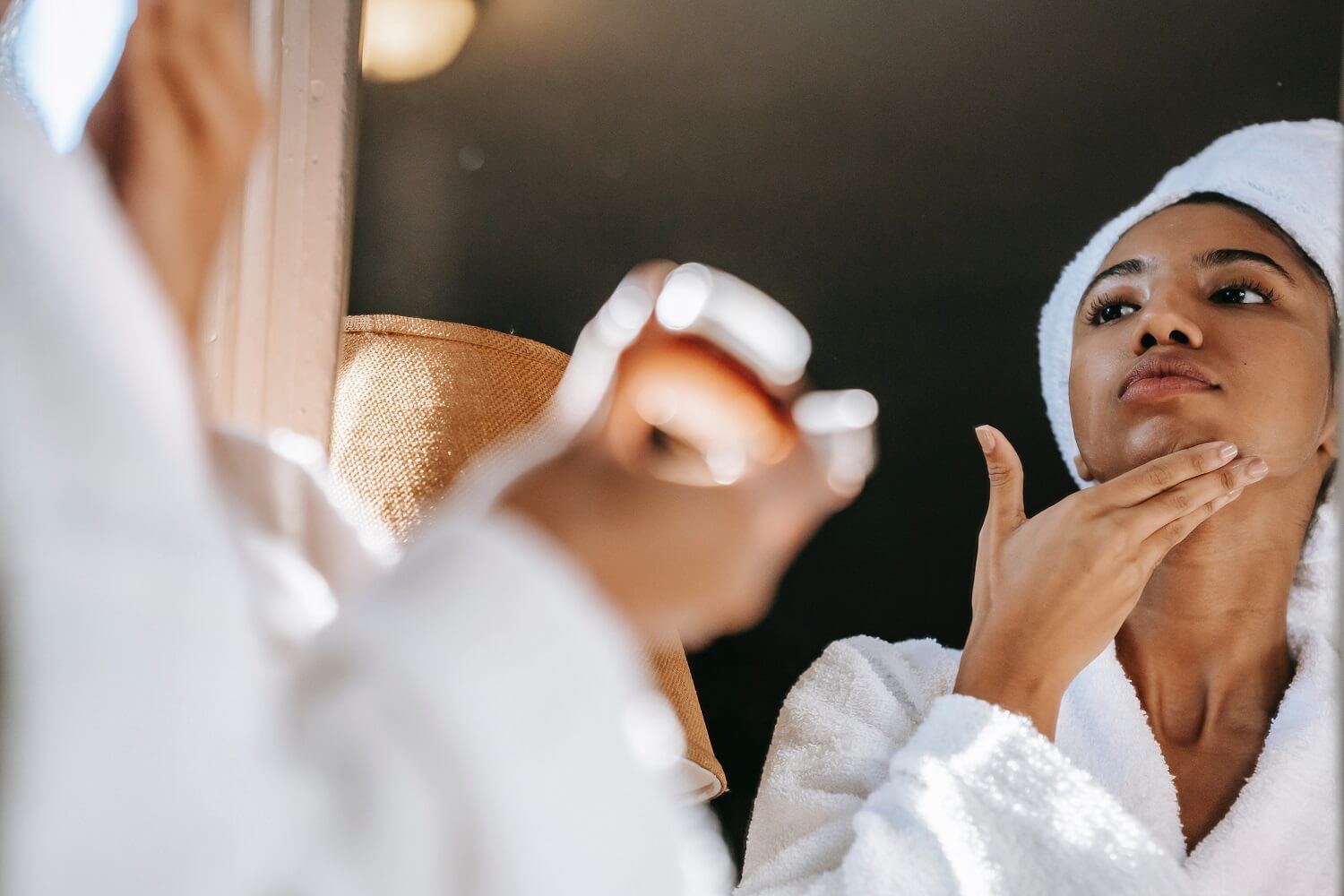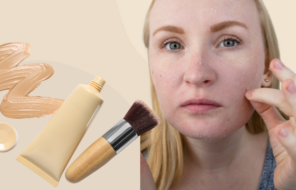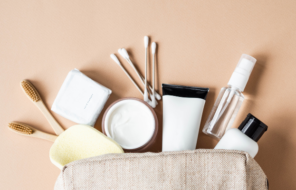According to Aveeno’s first-ever State of Skin Sensitivity Report, 71% of adults report having sensitive skin. Sensitive skin is more prone to irritation, redness, and other uncomfortable reactions than any other skin type. Sensitivity can be heightened when the weather drops during the colder winter months.
We spoke to Aveeno’s Research & Development Manager, Sabrina R. Henry, who explained that although sensitive skin is common, it’s not considered a clinical diagnosis. “Sensitive skin can encompass a range of skin issues, including a reaction to external stressors or ingredients,” she said. “It can also be a symptom of underlying skin disease.”
With the topic at the top of our minds, we continued our conversation with Henry to learn more about skin sensitivity. We also spoke to TikTok skincare star Hyram Yarbro to learn the right way to care for sensitive skin during winter.
Sensitive skin vs. underlying skin disease
If you’ve experienced the occasional dry skin, irritation, or even a rash, it’s safe to say you probably have sensitive skin — which is common but not a clinical diagnosis.
Henry highly encourages you to make an appointment with your dermatologist if you experience symptoms like dry skin patches, severe acne, inflamed skin, itchiness, rashes, or any experiences out of the ordinary that causes unpleasant sensations. Such symptoms could be signs of something more serious, like an underlying skin disease.
A step-by-step guide to caring for sensitive skin
Winter can be particularly challenging for people with sensitive skin because the blustery conditions can cause drier, itchier skin. In the hopes of helping you combat these symptoms, Henry and Yarbro shared their step-by-step approaches to caring for sensitive skin during the coldest season of the year.
1. Simplify your routine
Your skincare routine doesn’t have to be complicated. When caring for sensitive skin, Yarbro said it’s important to focus on the essentials. He insisted that maintaining these four steps is the perfect way to keep your skin protected and nourished:
- Cleanser. Use a cleanser to remove any dirt, sweat, and excess sebum from your skin at the end of the day.
- Treatment. You’ll want to add a remedy to your routine to exfoliate, repair damage, or soothe sensitized skin.
- Moisturizer. Ensure your skin stays hydrated throughout the day with your go-to moisturizer.
- Sunscreen. SPF is necessary for every skincare routine, whether facing UV rays or air pollution.
2. Focus on your moisture barrier

One way to protect your skin’s moisture barrier is to ensure it’s always hydrated and moisturized, according to Henry. Oat-based skincare products like Aveeno’s Calm + Restore Oat Gel Moisturizer can do wonders in supporting the skin’s microbiome when used throughout the year.
“Oat is a natural ingredient that’s multifunctional,” Henry said. “It creates a protective barrier and helps balance the skin’s moisture barrier, which soothes the effects of multiple sensitive skin conditions, including eczema-prone skin.” Henry also explained that oat soothes itchiness and dryness and restores moisture to rough and dry skin.
3. Avoid harsh cleansers
Yarbro recommended avoiding stripping cleansing agents like Sulfates or Sodium C14-16 Olefin Sulfonate since they tend to deprive you of the necessary oils needed for a healthy moisture barrier. Henry and Yarbro suggest the Calm + Restore Gentle Nourishing Oat Cleanser from Aveeno because it soothes and nourishes the skin rather than stripping it.
Recognize your skin’s triggers
Yarbro said that to care for your skin properly, you must recognize triggers — whether they come from stress, the environment, or something else. He highly advised getting to know your skin and paying close attention to product ingredients to avoid formulas that can potentially irritate. In his words, education is key.
Henry echoed the same sentiments, adding that caring for your skin is a physical expression of self-care and a practice for maintaining good mental health.
“The mind-skin connection is critical for overall health and well-being,” she said. “The impact of this sensitivity is more than skin deep, as common skin conditions can carry significant psychological impact, influencing the quality of life and emotional well-being. We often hear about body positivity, but skin sensitivity is equally important given its impact on mental health.”





